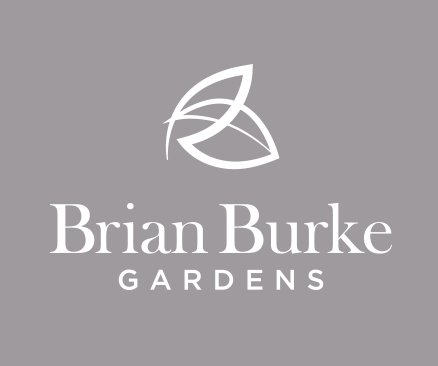I have a healthy obsession with an American singer songwriter by the name of Dar Williams. I first saw her perform in 1996 in the Jazz Café in Camden Town in North London, again a few years later in the Sanders Theatre in Cambridge, Massachusetts and most recently a couple of years ago in the Workman’s Club in Dublin.

She has released eleven studio albums, all of which I own, over a twenty-five-year career. She tours relentlessly, she writes children’s books, she speaks brilliantly and passionately on environmental and social issues. Her shows are part musical odyssey part ideological rally part stand-up comedy routine. She is super smart, super funny and an all-round ultra-talented, formidable and prolific person.
One of her concerns over the years has been the erosion of community. So, it comes as no surprise then to see that she has just released a new book on that very subject. In “What I Found In a Thousand Towns” Dar identifies her own recipe for strong communities. She draws on her experience of twenty-five years on the road to set out her take on the ingredients to the perfect alchemy that allows some towns to thrive.
We hear much talk right now of fractured communities, of homelessness, placelessness, anonymity, exclusion, isolation. Dar has much to say on what she has identified as being fundamental to the creation and sustenance of a great place, be it country, city, town or village.
She talks of the “strength of weak ties”. What is that? It’s a concept that deep in the rural hills and valleys we are probably all familiar with but something that is less conspicuous in our bulging suburban satellite towns.
Dar cites the example of the community garden and the input that would be required from, say, the twenty people that are required to make it happen; “The rototiller guy is different from the girl scout leader whose troop plants the first seeds, as opposed to the moderately wealthy guy who donates five shovels or the graphic designer who makes the sign. The fact that they’re all so different is the best thing about them. The more projects we do in the commons, the more likely that we’ll know someone who knows someone who can help the next project succeed. We want a beautiful, wide loose network to help see our visions through. “
And it doesn’t end there, she introduces a phenomenon she calls “positive proximity” as being key to understanding how great places come into being.
She breaks proximity down into three forms – space, projects and translation. These are essentially catalysts to help us get along and grow collective identity. The spaces allow us to introduce ourselves to one another casually. There are projects, specifically ones that build on the historic and cultural identity of a town, that help us connect and subsequently reconnect with all the different personalities and abilities around us.
Translation is a bit trickier to pin down but fundamentally means how freely we move in our towns and create access points for others, thereby inviting participation. Good public maps, clear street signs, good local print and broadcast media, well trafficked public spaces and parks, regular public gatherings are all solid means of translating and conveying the ethos of a community to the outside world.
I think it’s the last piece of that trilogy that is of particular concern to us in the midlands. It is sometimes difficult for an outsider to get a sense or a handle on the essence of some of our towns. They are often perceived as Dublin dormer towns or worse, cultural and social non-entities becalmed in the annoying bit of the country you are obliged to pass through on the way from one coast to the other.
You can be as cynical as you want about the ‘Ireland’s Ancient East’ campaign but the effort to convey something of the cultural significance and offerings of places that are traditionally and routinely ignored can only be good.
We are proud of our communities, we have strong networks and plenty to offer. Where’s the harm in spreading the word?

Leave a Reply